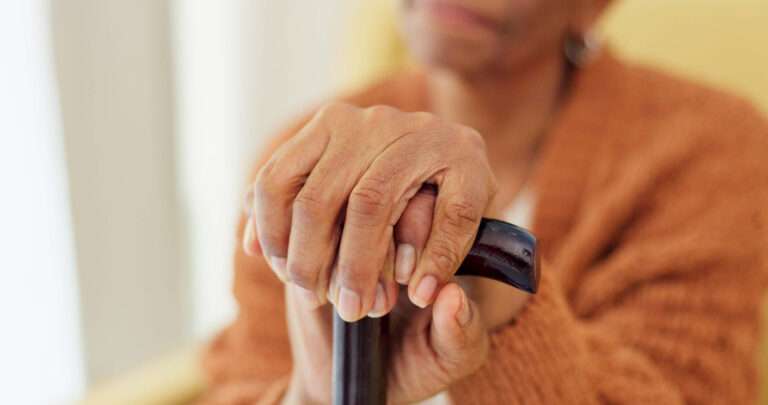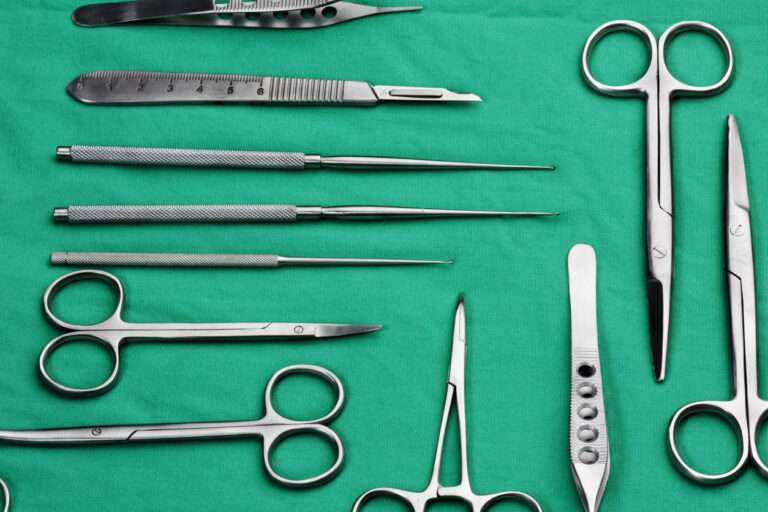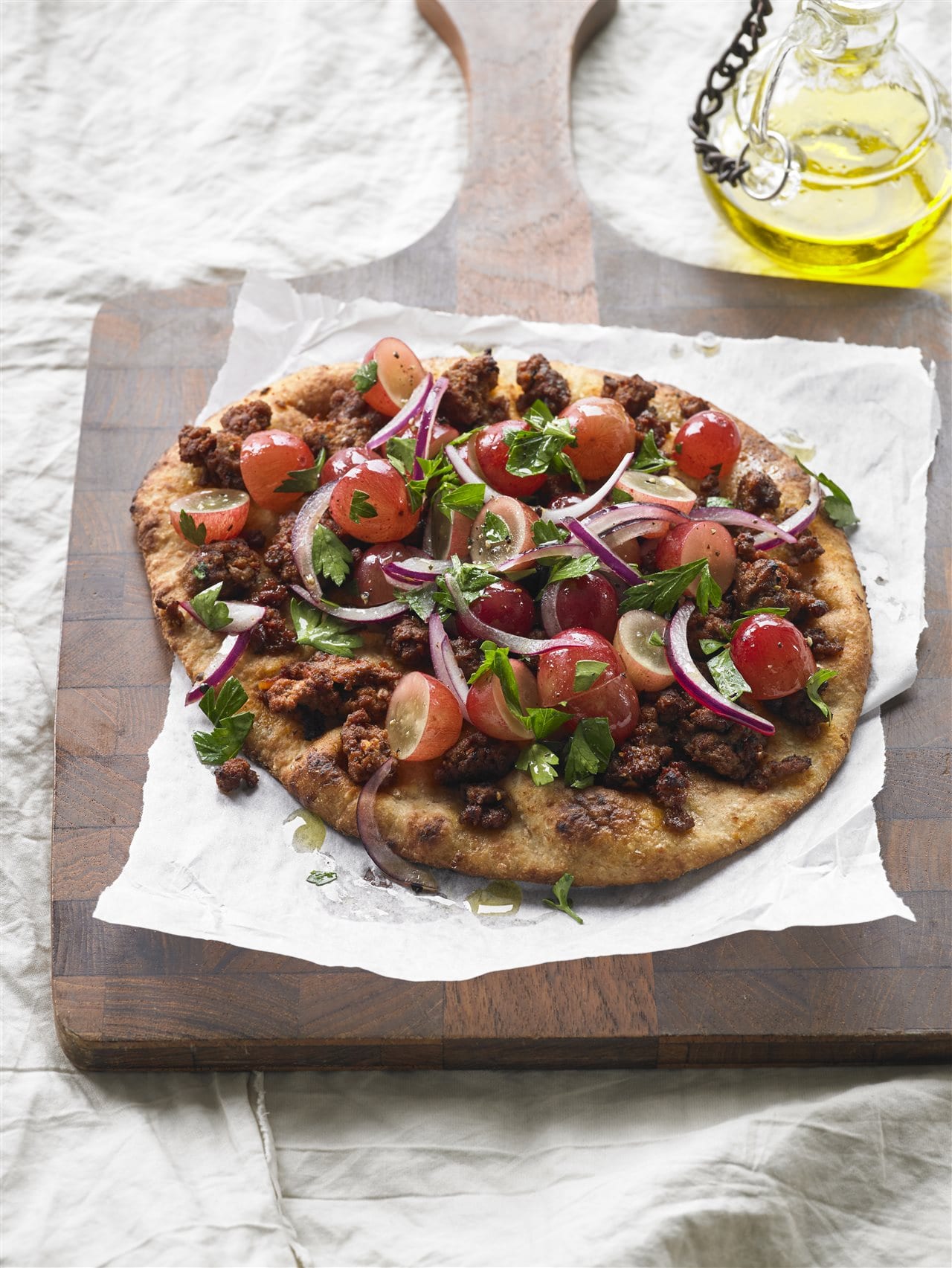Getting proper nutrition can be challenging for everyone, but especially as we age for a variety of reasons, including changing tastes, physical or dental conditions, and lack of access to healthy foods.
“It’s critical that people of all ages get proper nutrition, but especially seniors, and particularly now with the spread of COVID-19 in the United States,” says Dr. Gina Conflitti, chief medical officer with Cigna’s Medicare Advantage business, which offers Medicare plans in 18 states and the District of Columbia. “Good nutrition helps older adults stay active and vital, and can help them stave off or better manage chronic conditions.”
Cigna provides the following nutrition tips:
- Make healthy choices. Add plenty of fruits and vegetables to your plate for colorful, nutrient-rich, fiber-filled meals. Add flavor with spices and herbs instead of salt. Stay hydrated with plenty of water. Even light exercise can stimulate appetite and strengthen bones and muscles.
- Consult your doctor. If your appetite is changing or you’re losing weight, talk to your primary care physician. There could be an underlying reason for these changes. For instance, your medication might be affecting your appetite. Or maybe you’re dealing with depression. Your doctor can work with you to identify possible causes.
- Adapt to changing tastes. There are a number of ways to change your eating habits to improve your nutrition, from eating more frequent, smaller meals to trying new foods and cooking styles. For tips on preparing healthy meals, visit ChooseMyPlate.gov.
- See a dentist. A dentist may be able to address any dental problems impacting your ability to enjoy food. If you have a Medicare Advantage (MA) plan, you may have access to dental benefits at no extra cost. Check your plan for details.
- Explore options. If mobility is an issue, look for local organizations offering transportation or meal delivery to older adults. If you have an MA plan, you may have access to home-delivered meals following a hospitalization. One-third of hospital patients are malnourished at admission and poor nutrition increases their risk of having to return to the hospital after being released. Good nutrition helps patients regain their strength and energy faster for better recoveries. Check your plan for details.
- Get help. Some older adults with limited resources may qualify for assistance with food purchases through programs such as the Supplemental Nutrition Assistance Program (SNAP). Many older adults qualify for this program and don’t know it. One way to verify eligibility is to visit Cigna.BenefitsCheckup.org and enter your information under the “Food & Nutrition” section.
If you aren’t eligible for this type of assistance, you can still find ways to save on food bills, including asking for senior discounts, using coupons, having a store discount card and buying store brands.
These are just a few resources. Every individual has unique needs. Cigna encourages you to talk with your physician for additional information about your personal nutrition requirements. For videos about senior nutrition and some warning signs of malnutrition, visit wnpt.org/agingmatters/nutrition-aging.
Proper nutrition is essential to overall health. As you age, keep nutrition top of mind and explore new ways to eat well.







